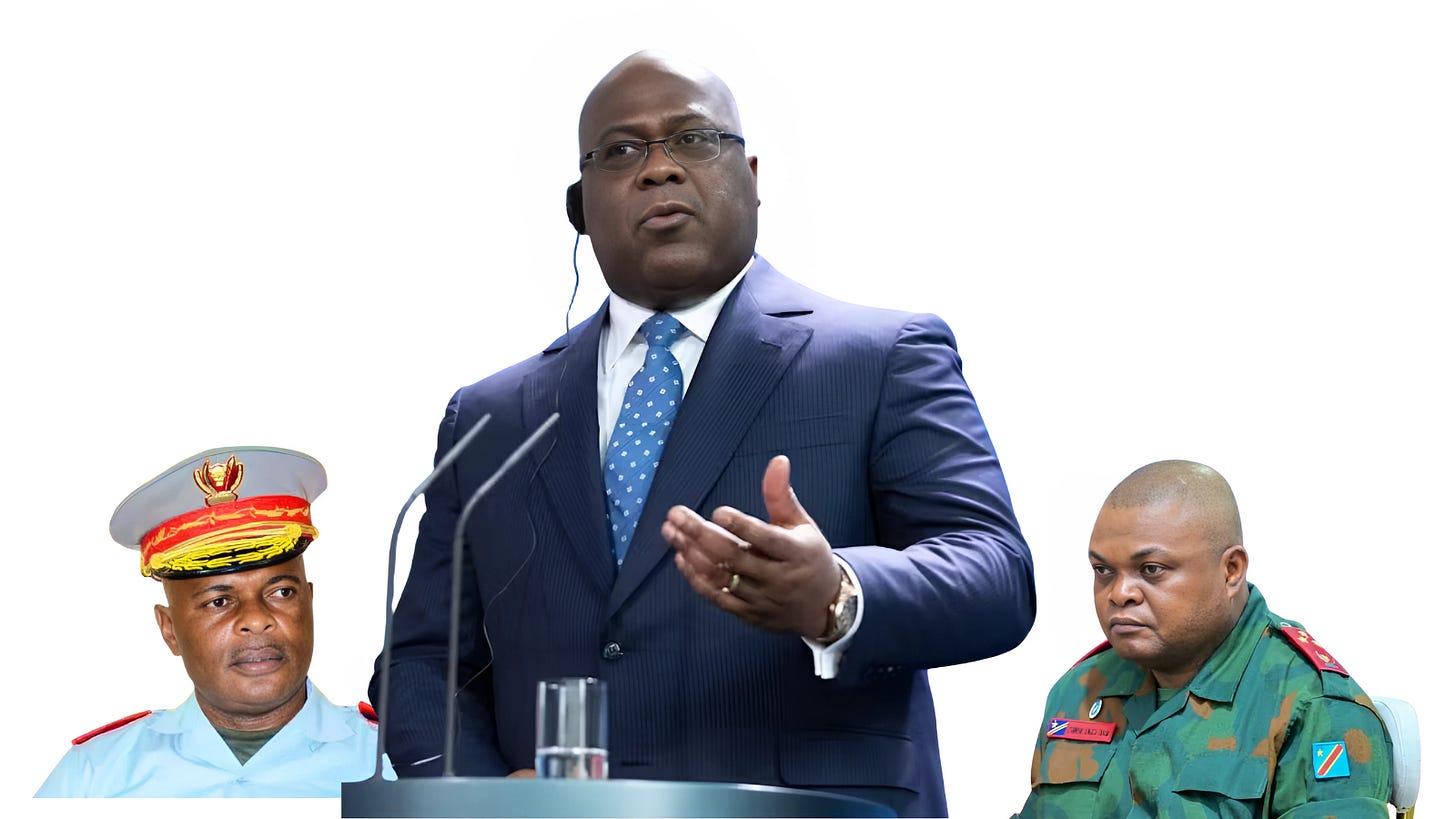⚠️ Intelligence Brief: DRC Arrests Senior Commanders Amid FARDC Defeats in Eastern Congo
📰 Executive Summary
The Democratic Republic of Congo (DRC) has launched a high-level military investigation targeting more than 25 senior officers of the Armed Forces of the Democratic Republic of Congo (FARDC). The probe, led by Inspector General Gen. Amisi Tumba Gabriel, follows repeated defeats in Bunagana, Goma, and Bukavu. Those under scrutiny incl…


